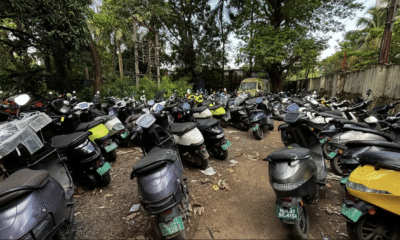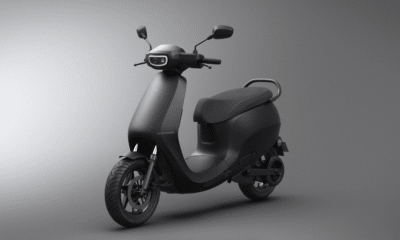Environment
Ride-sharing intensifies urban road congestion: Study
Though ride-sharing has been credited for being more environmentally friendly than taxis and private vehicles, a latest study by researchers at the Future Urban Mobility Interdisciplinary Research Group at Singapore-MIT Alliance for Research and Technology (SMART).
Jinhua Zhao, SMART FM principal investigator and associate professor at MIT Department of Urban Studies and Planning, says that while public transportation provides high-efficiency shared services, it can only accommodate a small portion of commuters, as their coverage is limited in most places. “While mathematical models in prior studies showed that the potential benefit of on-demand shared mobility could be tremendous, our study suggests that translating this potential into actual gains is much more complicated in the real world.”
The researchers found the entrance of transport network companies (TNC) led to increased road congestion in terms of both intensity and duration. They noted that congestion increased by almost 1% while the duration of the congestion rose by 4.5%. They also found a 8.9% drop in public transport ridership and an insignificant decrease of only 1% in private vehicle ownership.
The study also finds that easy access to ride-sharing discourages commuters from taker greener alternatives, such as walking or public transportation. Survey data from various US cities also showed that approximately half of TNC trips would otherwise have been made by walking, cycling, public transport or would not have been made at all.
Also Read: Supreme Court red-flags key rail expansion in Goa, raises environmental concerns
Hui Kong, SMART-FM alumna and postdoc at the MIT Urban Mobility Lab and author of the paper, said they are still in the early stages of TNCs and more changes are still to be seen as to how these ride-sharing businesses operate. “Our research shows that over time, TNCs have intensified urban transport challenges and road congestion in the United States, mainly through the extended duration and slightly through the increased intensity. With this information, policies can then be introduced that could lead to positive changes.”











































Pingback: WHO on possibility of a new COVID-19 variant creating havoc in India | The Plunge Daily